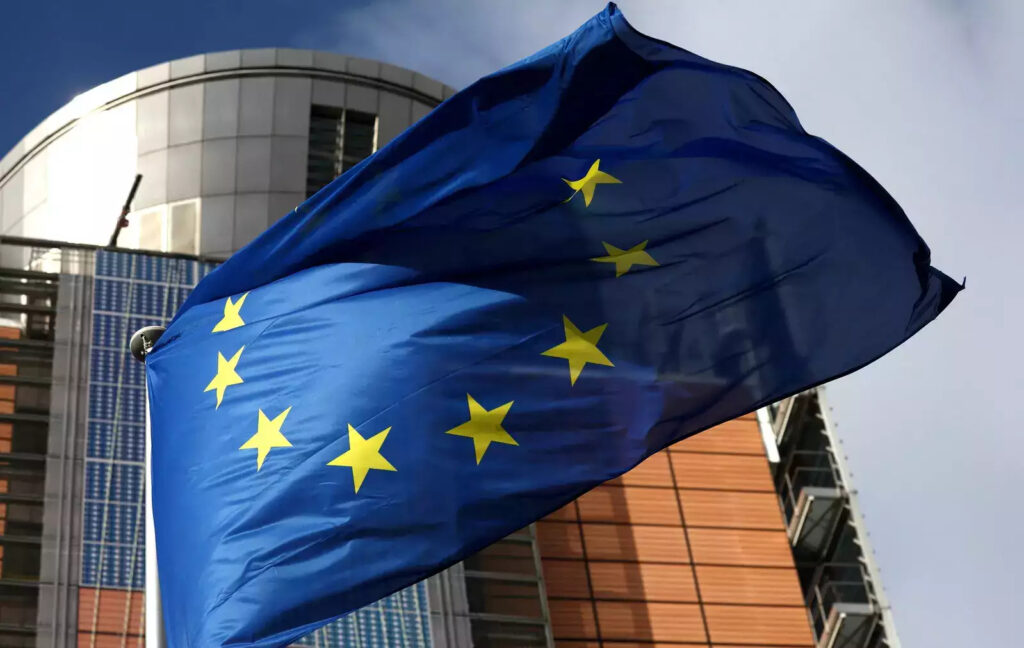EU Commission Proposes Rules to Protect Consumers from Greenwashing

The EU Commission is proposing common criteria against greenwashing and misleading environmental claims. Under the proposal, consumers will have more clarity, stronger reassurance that when something is sold as green, it actually is green, and better quality information to choose environment-friendly products and services. Businesses will also benefit, as those that make a genuine effort to improve the environmental sustainability of their products will be more easily recognised and rewarded by consumers and able to boost their sales – rather than face unfair competition. This way, the proposal will help establish a level playing field when it comes to information about environmental performance of products.
A Commission study from 2020 highlighted that 53.3% of examined environmental claims in the EU were found to be vague, misleading or unfounded and 40% were unsubstantiated. The absence of common rules for companies making voluntary green claims leads to ‘greenwashing’ and creates an uneven playing field in the EU’s market, to the disadvantage of genuinely sustainable companies.
Reliable, comparable and verifiable information for consumers
According to the proposal, when companies choose to make a ‘green claim’ about their products or services, they will have to respect minimum norms on how they substantiate these claims and how they communicate them.
See related article: EU Commission Proposes Reform of the EU Electricity Market Design to Boost Renewables
The proposal targets explicit claims, such as for example: ‘T-shirt made of recycled plastic bottles’, ‘CO2 compensated delivery’, ‘packaging made of 30% recycled plastic’ or ‘ocean friendly sunscreen’. It also aims to tackle the proliferation of labels as well as new public and private environmental labels. It covers all voluntary claims about the environmental impacts, aspects or performance of a product, service or the trader itself. However, it excludes claims that are covered by existing EU rules, such as the EU Ecolabel or the organic food logo, because the current laws already ensure that these regulated claims are reliable. Claims which will be covered by upcoming EU regulatory rules, will be excluded for the same reason.
Before companies communicate any of the covered types of ‘green claims’ to consumers, such claims will need to be independently verified and proven with scientific evidence. As part of the scientific analysis, companies will identify the environmental impacts that are actually relevant to their product, as well as identifying any possible trade-offs, to give a full and accurate picture.
Clear and harmonised rules and labels
Several rules will make sure that claims are communicated clearly. For example, claims or labels that use aggregate scoring of the product’s overall environmental impact, will no longer be permitted, unless set in EU rules. If products or organisations are compared with others, such comparisons should be based on equivalent information and data.
The proposal will also regulate environmental labels. There are currently at least 230 different labels and there is evidence that this leads to consumer confusion and distrust. To control the proliferation of such labels, new public labelling schemes will not be allowed, unless developed at EU level, and any new private schemes will need to show higher environmental ambition than existing ones and get a pre-approval to be allowed. There are detailed rules about environmental labels in general: they must also be reliable, transparent, independently verified, and regularly reviewed.












